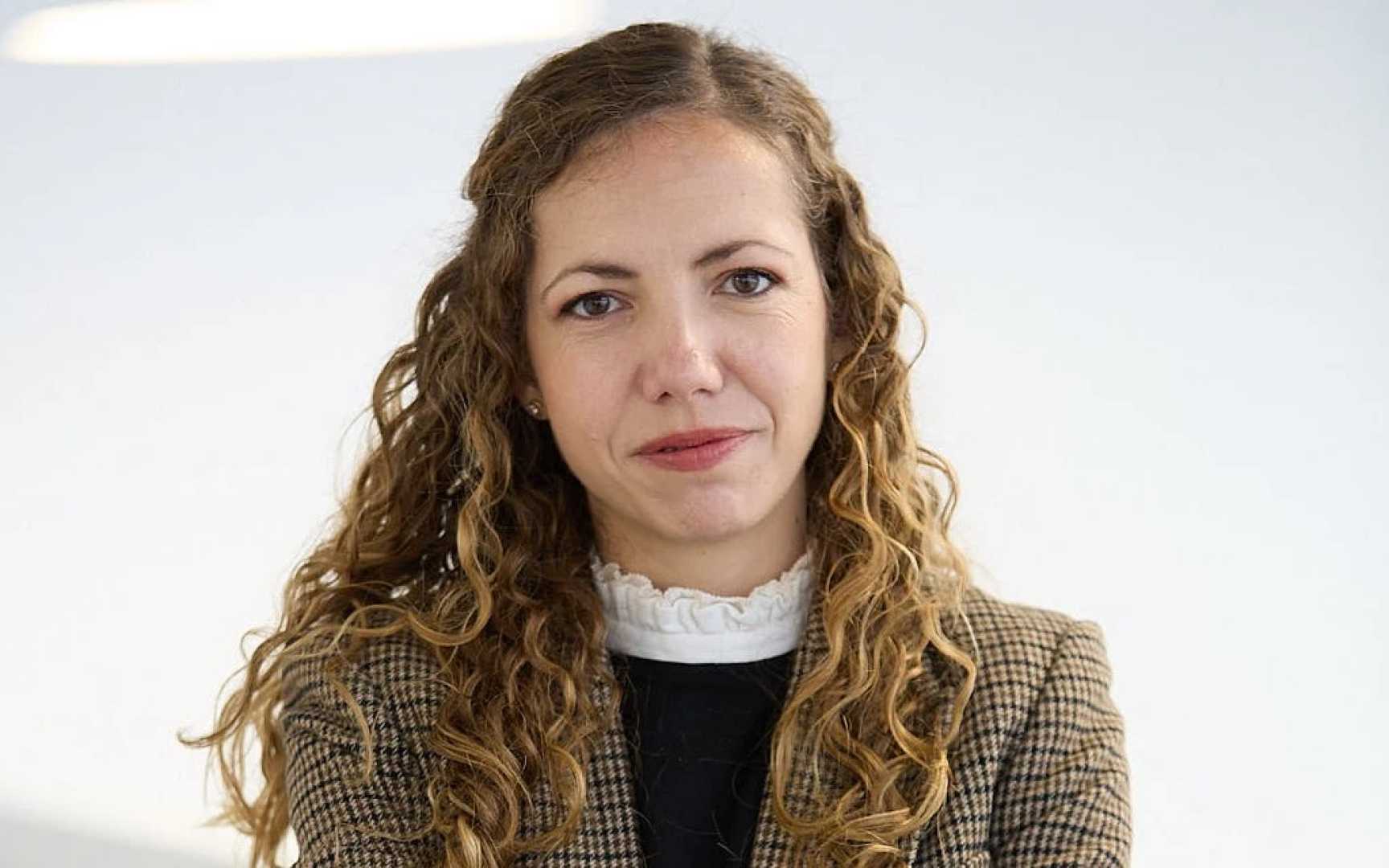Education
AI Institute Director Emphasizes Need for Critical Thinking

Madrid, Spain — Ana Lazcano, director of the University Institute of Artificial Intelligence at Francisco de Vitoria University, cautioned that AI is not an omnipotent force, urging a focus on critical thinking regarding technology use. In an interview, Lazcano discussed the newly established institute’s goal of creating a unified vision for AI, which she described as an interdisciplinary field reshaping various sectors.
“It has arrived like a tsunami, and we need a unified approach to build strength together,” Lazcano said. As the head of the university’s programs in business analytics and AI, she believes a unified view is essential due to the numerous ethical questions surrounding AI’s use. “The more aligned our vision is with the university’s mission, the greater the benefit we will achieve,” she added.
The institute comprises professionals from diverse backgrounds including philosophy, education, and engineering. “Each field contributes its unique perspective, allowing us to pinpoint commonalities,” Lazcano explained.
From a Catholic viewpoint, she referenced Pope Leo XIV‘s guidance to approach AI cautiously, asserting, “We cannot attribute qualities to it that it does not possess.” She emphasized prioritizing human wisdom as fundamental to maximizing AI’s benefits.
Lazcano highlighted that AI should not be treated as a deity but as a complement to human effort. The institute plans to focus on training, research, technology transfer, and dissemination to foster the common good. “We aim to produce well-prepared students equipped to handle both the technical and ethical challenges posed by AI,” she said.
She also stressed the importance of promoting critical thinking amid the noisy discussion surrounding AI. “We want our contributions to be quality content that benefits people,” she stated.
This technology has introduced significant challenges in education as well. Lazcano noted that AI has transformed how teaching and assessment occur, prompting a need for technology training for educators. “Understanding the tools available enhances effective application,” she remarked.
However, she acknowledged resistance to change within educational institutions. The institute plans to support a model that helps embrace these changes. “This is a significant revolution; we need to harness its potential rather than fear it,” she explained.
One of the challenges is the widening technological gap between students and teachers, with students often more advanced in AI use. “Written work is losing significance,” Lazcano admitted, while maintaining optimism about the future of education. “This may lead us back to the core values of university education: debate and conversation,” she concluded.












